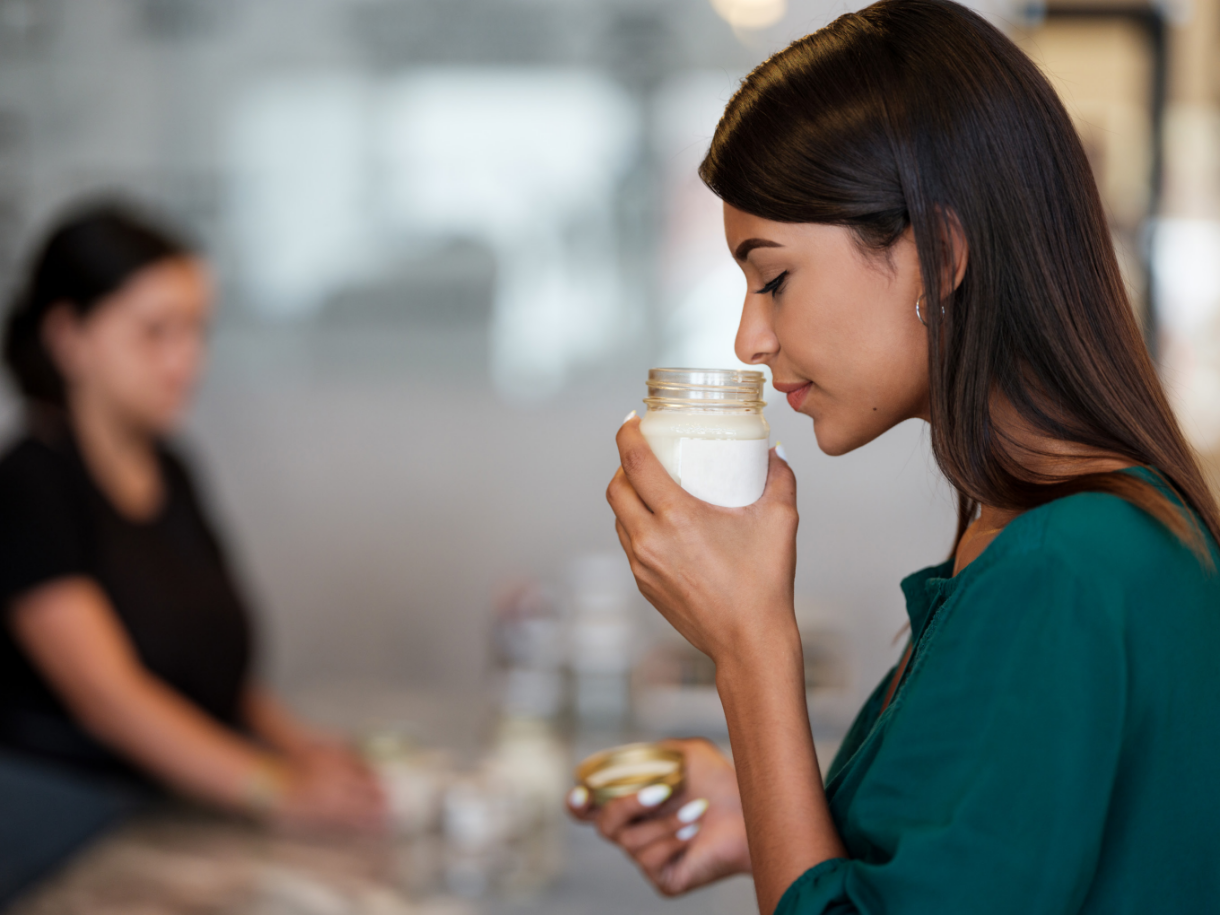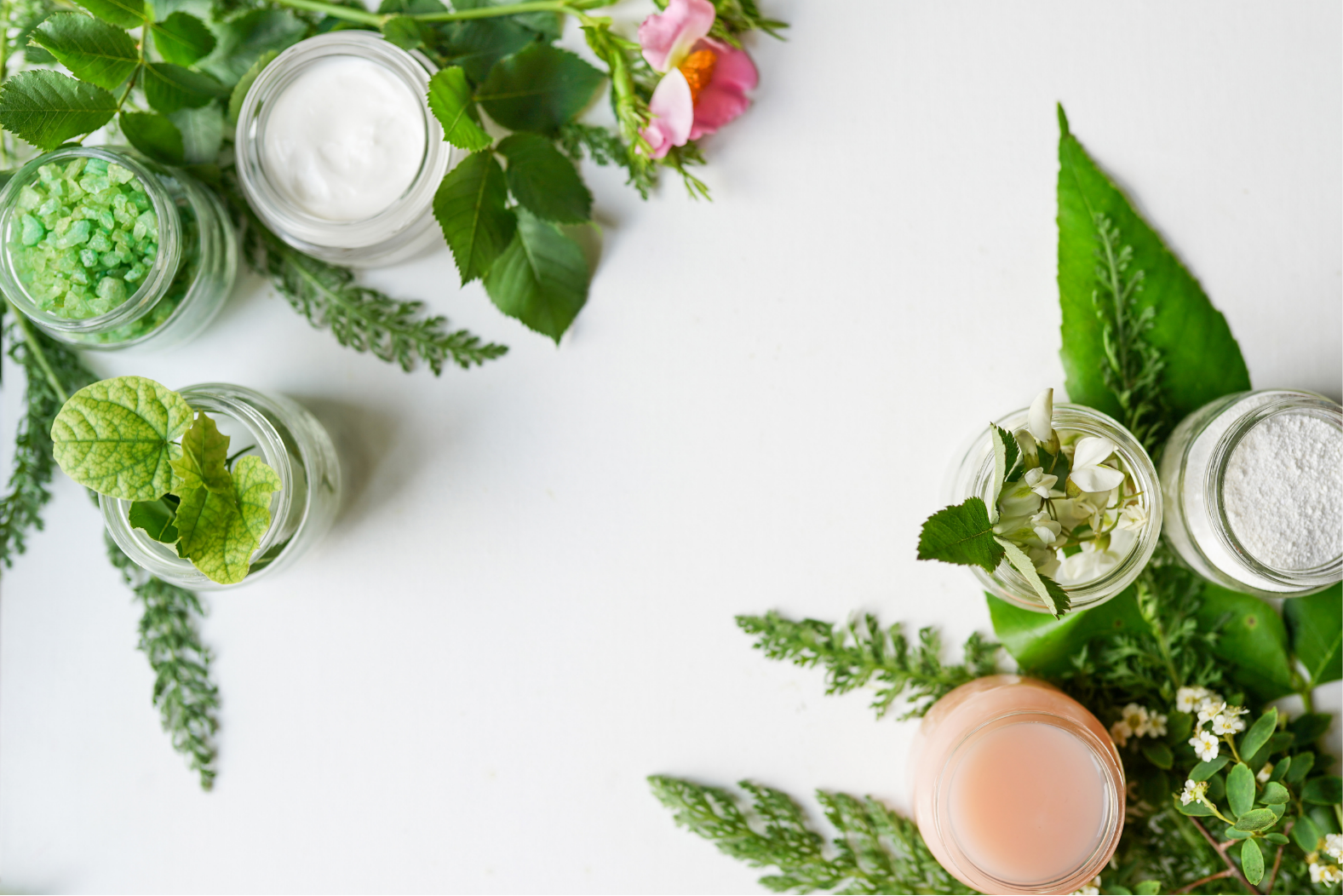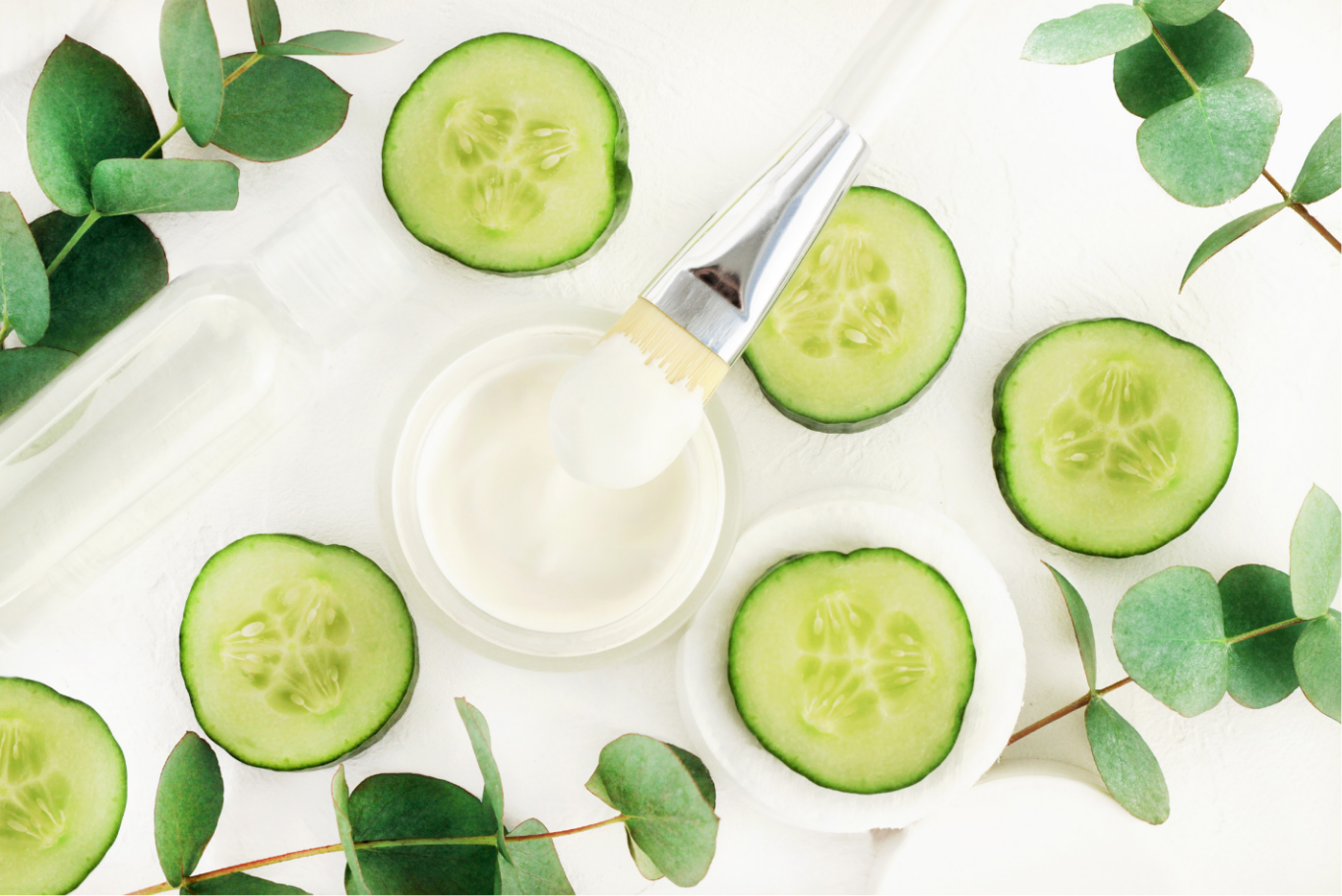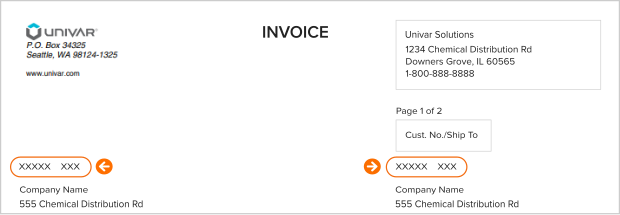We’re here to provide you with more information or help answer any questions you might have. Send us a note and we’ll get back to you as soon as possible.


Vegan Beauty: Benefits, Trends, Ingredients & Leading Brands
While veganism has its roots in the food industry, beauty leads the way for vegan product launches, signaling its ever-growing popularity among beauty shoppers.
Of the new vegan items entering the UK market in 2020, 82% were in the beauty category. In Germany, this figure was 62% and in the US, 40% of all emerging vegan items were in the beauty sphere.
Over the last decade, Google Trends data reveals that enthusiasm for vegan beauty has been steadily increasing, with the UK, Ireland and Australia driving interest in the plant-based beauty movement. Vegan launches have permeated the beauty categories and their rising appeal shows no signs of waning, making vegan beauty an exciting, engaging and economically-sound space for brands and formulators to create new product launches in. The Vegan Society's Vegan Beauty Takeover 2021 report reveals that 97% of UK shoppers say they want more vegan cosmetics and toiletries.
The vegan beauty market is only set to gather in pace and prevalence too as the global vegan cosmetics industry is expected to be worth $21.4 billion by 2027. Brands, formulators and chemists tapping into the rise of vegan beauty are hard pushed to find a more conscious and in-demand space to enter.




What makes a beauty brand vegan?
We see a broad scope of beauty brands embracing veganism and adopting vegan product portfolios. Beauty products are often seen with the label “vegan”, “100% vegan”, or “vegan-friendly”. While this can appear confusing, these all refer to a product’s formulation being vegan and therefore containing no animal products or derived ingredients. Vegan-friendly beauty brands are likely to have product collections with vegan and non-vegan beauty items.
What’s the difference between cruelty-free and vegan beauty?
Cruelty-free beauty products mean the formulation has not been tested on animals. For a product to be cruelty-free, there should be no form of animal testing at any point during its creation.
A vegan beauty product refers to a formulation that does not contain any animal product or animal-derived ingredients.
What certifications exist?
Certifications are an important way to communicate ingredient claims honestly and clearly. Certification providers often adopt independent testing measures to support and indicate quality and consistency.
Several key vegan certifications help guide consumers to trusted product formulations, including:
- Certified Vegan by Vegan Action
- Vegan by The Vegan Society
- Vegan Approved by The Vegetarian Society
- Global animal test–free and vegan by PETA. This certification is for brands whose entire product range is vegan and cruelty-free.




Benefits of vegan beauty ingredients
Formulating beauty products with vegan ingredients offers various advantages.
Here, we look at three of the top benefits of using vegan beauty ingredients in your products:
Conscious of animal welfare
Using vegan beauty ingredients helps to reduce animal cruelty. By finding and selecting vegan products, consumers know their formulations do not contain animal-derived ingredients and that plant-based and lab-made products have been used instead.
Vegan products are packed with nutrients
Vegan beauty ingredients contain plant-based ingredients, such as coconut, olives, soy and almonds. These ingredients benefit the skin, hair and nails as they possess minerals and nutrients that offer nourishing properties, including hydration, moisturization and strengthening benefits to promote overall health and wellness.
Access formulations with sustainable ingredients
Plant-based chemistries are used to create vegan beauty formulations, contributing positively to protecting and preserving the environment. Ethical ingredient sourcing and sustainability throughout the supply chain are increasingly at the forefront of vegan beauty. Many vegan products use upcycled beauty ingredients and adopt conscious beauty approaches to reduce waste and promote circularity in beauty.
1. Squalane made from olives and wheat germ
Plant-based squalane derives from the similarly-named squalene, a lipid and natural moisturizer produced by human skin cells. Traditionally, squalane has referred to a non-vegan ingredient derived from shark liver oil. Today, we’re seeing vegan squalane, which is found in olives, wheat germ, rice bran and sugar cane, emerge as a sought-after ingredient.
Due to its antioxidants and detoxifying benefits, the ingredient helps to combat skin damage and enhance collagen production. It’s particularly popular in formulations for acne or oily skin as research shows it has anti-inflammatory properties that can lower redness and swelling. Squalane gives the hair moisture, too, helping to boost its shine and protect it from damage.
2. Plant-based, soy or wild mango wax
Vegan waxes derived from plants, soy or wild mango, are popular in cosmetics formulations as they thicken oil-based formulations and deliver stability in solid cosmetics products such as lipsticks.
Formulating with vegan wax requires various production considerations. Plant waxes behave differently from beeswax. Substitutes need different melting points, provide varying degrees of hardness and offer a different texture on the skin.
As well as their eco-friendly nature, vegan waxes are known for their ability to revitalize the skin, increase its flexibility, offer skin protection from environmental contaminants and provide a soft and gentle-on-the-skin application.
3. Soy protein
Soy protein, derived from soybeans, is a natural antioxidant recognized for its soothing and regenerative skincare properties.
As it’s a protein, the vegan soy ingredient provides moisturizing and conditioning benefits for the skin and hair. It also protects the hair from external aggressive factors, restoring its fiber and offering antistatic properties that help to create a healthy appearance.
Soy protein is a vegan alternative for two common non-vegan ingredients, keratin and collagen. Keratin is known for its strengthening properties in hair and nail products, while collagen is prevalent in skin aging and plumping formulations due to its fibrous nature.
4. Almond Oil
Almond oil refers to the emollient plant oil that derives from almonds. It contains fatty acids known to nourish the skin as well as vitamins D and E and minerals.
The plant-based ingredient typically comes in sweet and bitter varieties. Its sweet form is known for its skin benefits, mainly because it contains vitamins A and E, omega-3 fatty acids and zinc.
The popular vegan ingredient is known for its anti-inflammatory and emollient properties and high nutrient content. It’s often used in formulations to soothe irritant skin, protect against UV damage, restore the skin’s moisture barrier and contribute to a healthy appearance. Almond oil features in makeup removal, cleansing and moisturizing formulations.
It is often used to treat consumers with dry skin conditions such as eczema and psoriasis and it can also improve acne due to the oil's fatty acid content, which works to dissolve excess oil on the skin.
Almond oil is one of the most common vegetable oils used in beauty products. Brands can include the ingredient in their skincare formulations instead of using common non-vegan emollients, such as lanolin, animal fats and oils.
5. Hyaluronic acid
Hyaluronic acid (HA) is a long unbranched carbohydrate, or sugar called glycosaminoglycan, that occurs naturally in the body and is found throughout its connective tissue. HA gives our skin its structure, providing a hydrated and plump appearance.
Increasingly, vegan HA has become the go-to option for topical formulations. Vegan HA is produced with identical chemistry and activity and is obtained from fermenting plant material. Behaving like a sponge, the humectant can bind up to 1000 times its weight in water.
HA is commonly used in skincare products with significant hydration benefits, specifically leave-on products including toners, essences, serums and moisturizers. It also features in lip treatments, sheet masks and eye creams. The ingredient works well with vitamin C, vitamin B5 and glycolic acid.
6. Coconut Oil
Coconut oil is extracted from the kernel of a matured coconut harvested from the coconut palm. The oil is known for its antimicrobial and antioxidant properties, which improve skin and oral health. Thanks to its hydrating, nourishing and moisturizing characteristics, it’s recognized for its versatility in skincare and haircare.
The vegan ingredient gives the skin moisture, can support wound healing and has an anti-inflammatory effect. It's a popular ingredient in face and body creams, body washes, facial cleaners, shampoos and ointments.
Coconut oil is also known for improving the hair’s overall condition and health. The ingredient moisturizes hair, reduces breakages, lowers protein loss and protects against environmental damage.
A popular ingredient in finished beauty products, coconut oil can be used instead of traditional animal-derived emollients like animal fats, oils or lanolin in skincare products. It can also replace non-vegan hair conditioner ingredients such as silk proteins.
7. Shea Butter
Shea Butter is a seed fat extracted from the nuts of a shea tree. The hydrating vegan ingredient contains high concentrations of fatty acids and vitamins, which provide a softening effect. Shea butter has anti-inflammatory, antibacterial, antifungal and antioxidant properties. It’s also known to boost collagen production, promote cell regeneration, reduce the appearance of stretch marks and scarring, and provide suncare protection.
In haircare, shea butter is often included in formulas to help prevent hair breakage and treat dandruff. Shea butter works well in formulations with other oils and cocoa butter.
Shea butter is well known in the beauty industry as it’s one of the most common vegetable oils in formulations. Brands can create skincare and haircare products with shea butter as an alternative to non-vegan ingredients, which include glycerin, allantoin and milk.
Leading Vegan Beauty Brands
1. Milk Makeup
The New York city-based makeup and skincare brand is 100% vegan, stating it contains no animal-derived ingredients, including fats, oils and musks. Founded in 2016, Milk Makeup offers over 300 products, including its Vegan Milk collection, which features its selection of nourishing daily skincare essentials.
Milk Makeup’s product philosophy revolves around starting with good ingredients that then turn into effective formulas.
2. Barry M
The British cosmetics company is 100% vegan, with none of its makeup or nail paint ranges containing animal by-products. When it launched in 1982, Barry M brought out a range of 100 nail paints before expanding into Dazzle Dust eyeshadow, lip paints and crackle nail polish.
Barry M follows a ‘beauty with compassion’ ethos. The brand supports two animal and wildlife charities: Humane Society International and David Shepherd Wildlife Foundation.
3. Biossance
Clean skincare name Biossance began life in 2003 after its scientists turned to the use of biotechnology in skincare and the ingredients contained within everyday consumer products.
The entirely vegan brand formulated a vegan alternative to traditional squalane, creating a renewable, sugarcane-derived version. Biossance confirms that its ingredients are ethically and sustainably sourced. The brand adopts a skincare ingredients library, which offers informative ingredient insights, Environmental Working Group ratings and category filtering.
4. Aesop
All of the Australian luxury skin, hair and body care brand’s products are vegan. Aesop states it adopts a responsible sourcing approach to ingredients, with none of these derived from animals.
Aesop implements a comprehensive research and development framework to widely investigate the environment and source plant-based and laboratory-made ingredients with a proven record of safety and efficacy.
5. Herbivore Botanicals
Created in 2011 from the founders’ Seattle-based kitchen, the natural and clean skincare name is a plant-powered vegan brand.
Herbivore Botanicals has produced its formulations with natural ingredients, plant-based food-grade cold-pressed oils, steam distilled therapeutic-grade essential oils, genetically modified organism (GMO) free soy wax and certified organic ingredients.
6. Lumene
The Finnish cosmetics producer states that 100% of its skincare and foundation formulas are vegan. All of its skincare products have been vegan since 2018. Lumene creates its vegan products on the foundation of hallmarks of the Nordic environment: berries, seeds, plants, tree saps and mushrooms.
Lumene Group’s sustainability report 2021 confirms that it has formulated animal-derived ingredients out of “most of our makeup products”. Beeswax is still used in some of the skin and makeup brand’s mascaras. Cutrin, Lumene Group’s haircare brand’s wash and care formulations are entirely vegan. Its oxidative hair colors still contain beeswax and some styling products contain lanolin and lanolin derivatives.
2. Barry M
The British cosmetics company is 100% vegan, with none of its makeup or nail paint ranges containing animal by-products. When it launched in 1982, Barry M brought out a range of 100 nail paints before expanding into Dazzle Dust eyeshadow, lip paints and crackle nail polish.
Barry M follows a ‘beauty with compassion’ ethos. The brand supports two animal and wildlife charities: Humane Society International and David Shepherd Wildlife Foundation.
4. Aesop
All of the Australian luxury skin, hair and body care brand’s products are vegan. Aesop states it adopts a responsible sourcing approach to ingredients, with none of these derived from animals.
Aesop implements a comprehensive research and development framework to widely investigate the environment and source plant-based and laboratory-made ingredients with a proven record of safety and efficacy.
6. Lumene
The Finnish cosmetics producer states that 100% of its skincare and foundation formulas are vegan. All of its skincare products have been vegan since 2018. Lumene creates its vegan products on the foundation of hallmarks of the Nordic environment: berries, seeds, plants, tree saps and mushrooms.
Lumene Group’s sustainability report 2021 confirms that it has formulated animal-derived ingredients out of “most of our makeup products”. Beeswax is still used in some of the skin and makeup brand’s mascaras. Cutrin, Lumene Group’s haircare brand’s wash and care formulations are entirely vegan. Its oxidative hair colors still contain beeswax and some styling products contain lanolin and lanolin derivatives.


Contact Us for Formulation Support
Upcycled ingredients are a popular beauty area as the industry looks for ways to become more sustainable.
Learn more about upcycled beauty formulations and order samples today to create your upcycled beauty products.


3 Vegan Beauty Trends for 2022
Here, we delve into the ever-evolving movement to find the latest vegan beauty trends in 2022.
1. Collaborating with Clean and Conscious Beauty
Consumers are looking for clean and conscious formulations, brands and philosophies. Veganism now forms a pillar of conscious beauty, which has evolved from the natural, green and clean trends, encompassing them all to create a comprehensive, transparent and conscious understanding of sustainability.
2. Holistic Health and Wellness
Simple yet effective routines contributing to our overall health and wellness drive vegan formulations. Cleansers, toners, moisturizers, sprays and balms are appealing formats for vegan producers to explore as the industry increasingly focuses on providing holistic health and wellness benefits.
3. Solid Formulations
Vegan brands and formulators are turning their attention to solid product formats that have traditionally used non-vegan ingredients to achieve their sought-after texture, usability and effect. Lipsticks, lip balms, soaps and deodorants are examples of solid formulations that brands are re-imagining to meet the rising demand for vegan beauty products.
Tips For Formulating Beauty Products with Vegan Ingredients
- Consider the aims and results of your vegan beauty product from the initial concept stage, as this will make selecting your ingredients easier.
- Focus on quality, understand the ingredients in your preferred vegan beauty formulations to ensure you can achieve the quality and consistency consumers expect.
- Research certification requirements and third-party involvement before you start formulating.
- Select vegan beauty ingredients with multiple benefits.
- Familiarise yourself with each vegan beauty ingredient’s different characteristics and formulation needs.
- Experiment and innovate— embrace the opportunity to be original.
- Communicate your conscious beauty choices transparently.
- Go beyond ingredients. Consider your formulation method, laboratory environment, cross-contamination prevention methods, certifications and packaging to appeal to environmentally aware and conscious consumers.






